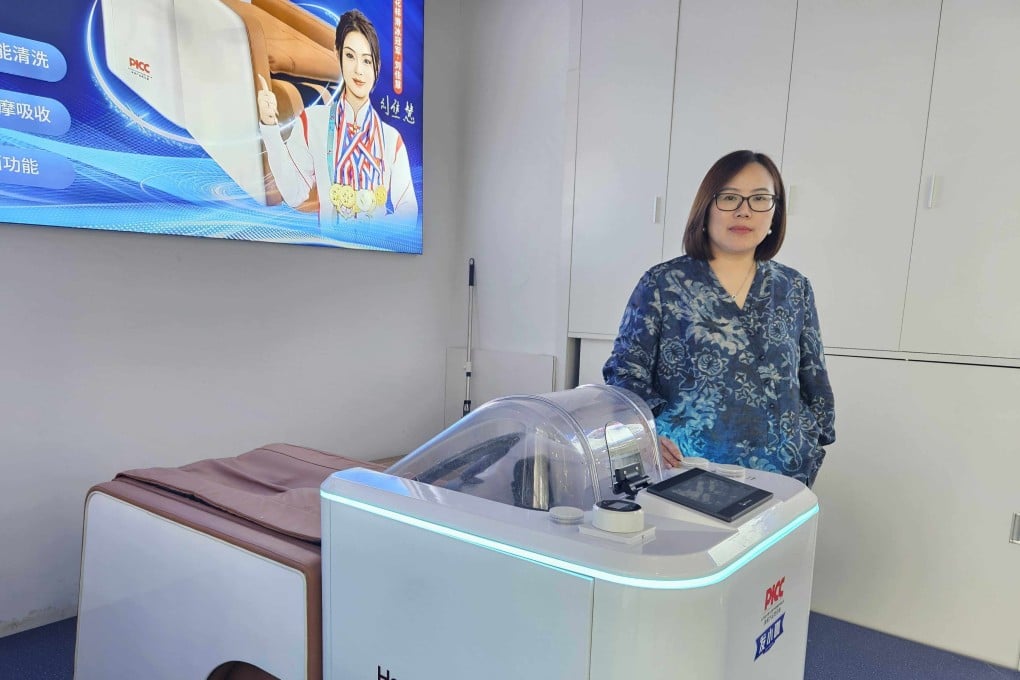Shekar Natarajan is the founder and CEO of Orchestro.AI . getty The first time I saw the internet in action, I remember thinking: this will change everything.
Not because of the websites or the browsers, but because it erased distance. It gave people the ability to collaborate across borders, build things faster and operate with a kind of collective visibility that simply hadn’t existed before. And yet, in today’s logistics, an industry that quite literally moves the world, we’re still working like it’s 1995.

We’re in a pre-internet moment, waiting for the breakthrough that brings it all together. Before the web, networks were closed. Big institutions laid down their own infrastructure and everything operated in silos.
Then came shared protocols. HTTP and TCP/IP turned those private islands into a global superhighway. Suddenly, innovation exploded.
Logistics today looks a lot like computing before that shift. It’s centralized, fragmented and opaque. The multinationals have sophisticated routing systems and control towers, while the rest of the world cobbles together operations using WhatsApp and spreadsheets, making miracles happen with duct tape and intuition.
If you’re a small operator with two trucks, you’re flying blind. And yet, you’re expected to compete in a world that demands Amazon-level speed and precision. That’s not just unfair—it’s unsustainable.
I’ve worked in large distribution centers where the technology is cutting-edge—but the magic still comes from people. It’s the overnight driver who knows which back road stays open when a port closes, or the dispatcher who reroutes a critical shipment in the middle of the night, or the frontline trainer who teaches with empathy while managing chaos. In India, I saw this kind of improvisation everywhere growing up.
The guy with the rickshaw giving rides to ten strangers before Lyft and Uber were ever imagined. The dabbawalas of Mumbai delivering tens of thousands of lunchboxes every day without FedEx or UPS—all coordinated by humans, not dashboards. The biggest misconception in logistics is that centralization equals efficiency.
In reality, the smartest systems are decentralized. They tap into many minds, many contexts and many data points. A driver in Tanzania knows which bridge will flood first.
A warehouse supervisor in Manila knows when a container will get stuck at customs. That kind of knowledge doesn’t sit in the cloud—it walks around in safety vests and work boots. Another word for this kind of tribal knowledge is brilliance.
But brilliance hidden in silos doesn’t scale. It dies in isolation. The future of logistics isn’t another proprietary system.
It’s a layer of open, interoperable infrastructure that anyone anywhere can plug into. Think of it as a digital backbone that lets a warehouse manager in Bihar operate with the same intelligence as a billion-dollar company. I’m talking about a platform where intelligence is shared, not hoarded, where frontline knowledge becomes part of the system and where context matters as much as code.
This idea is anchored on three pillars: angels, algorithms and access. • Angels: The people on the ground—drivers, warehouse workers, dispatchers—whose decisions, instincts and experience hold the system together. • Algorithms: The tech that enhances (not replaces) people, by reducing stress, predicting risks and offering foresight (not just alerts).
• Access: The need to make logistics tech available throughout the system. A small operator should be able to join a live network in minutes, not after a six-month contract negotiation. When logistics fail, the consequences cascade.
Delays don’t just slow down businesses, they cut into the incomes of small traders, spike prices for remote consumers and break the backs of people already operating at the edge. I left a corporate role not because I lacked opportunity—but because I couldn’t unsee the human cost of broken systems—the talent going unnoticed, effort unrewarded and the human potential locked behind infrastructure gates. Logistics is not just about faster deliveries or smoother operations.
It’s about leveling the playing field so that someone in a small village has the same opportunity to move goods as someone in Silicon Valley. When the internet came, it didn’t just connect computers. It empowered a generation of builders.
Apple, Google, Uber—they didn’t build the internet. They built on the internet. That’s what logistics needs now: a public infrastructure that is open, participatory and just.
Because logistics doesn’t just move boxes. It moves lives. Forbes Technology Council is an invitation-only community for world-class CIOs, CTOs and technology executives.
Do I qualify?.
Technology

Logistics: Still Waiting For Its Internet Moment

The biggest misconception in logistics is that centralization equals efficiency. In reality, the smartest systems are decentralized.















